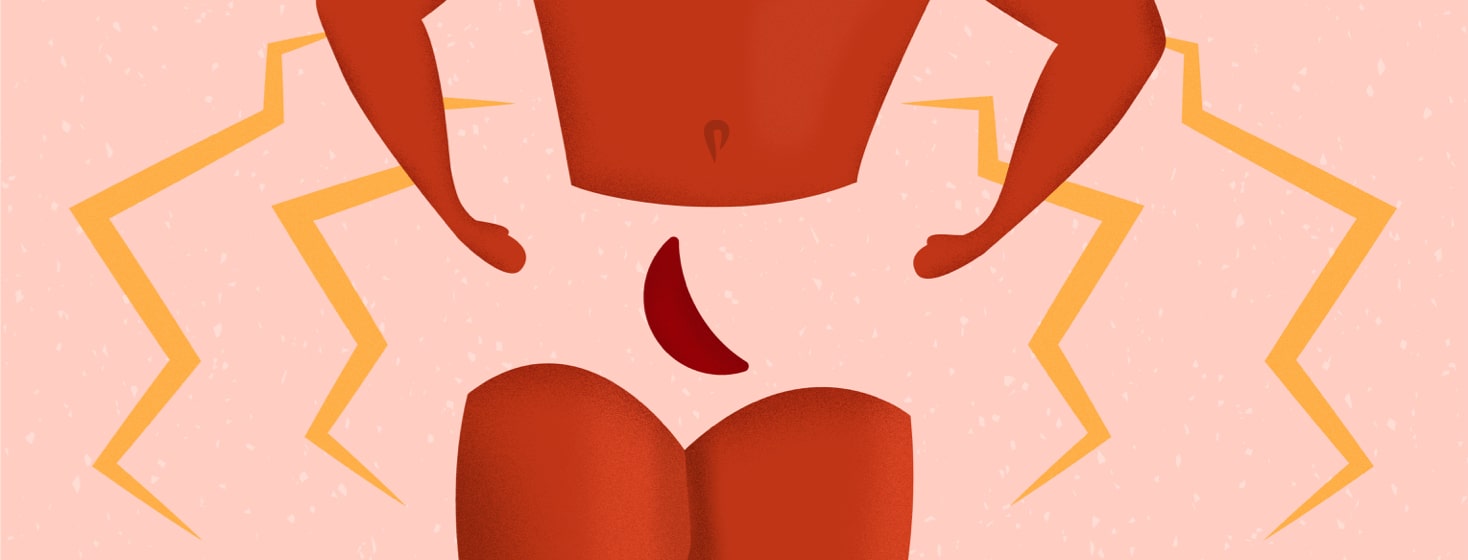Sickle Cell and Menstruation
Sickle cell disorder (SCD) causes problems and difficulties in anyone’s life. For women, SCD can also cause certain unique problems.
Menstruation and pain crises
A common but challenging symptom of SCD is pain crises. SCD causes red blood cells to become sickle-shaped and sticky. A crisis happens when the sickled cells clump together. They then block the flow of blood in the small vessels that lead to certain organs, muscles, and bones. This causes mild to severe pain that can last for hours or days.1
Some women may experience pain crises on the same cycle they get their period. This often happens during their period or in the week leading up to it. We still do not know exactly how common pain crises linked to periods are or what causes them.2
One study found that 58 percent of the women study participants with SCD sometimes had pain crises that corresponded to their menstrual cycle. The researchers found that 37 percent had a crisis each time they had their period.3
Another study found that 1 in 3 of the participants with SCD consistently had a pain crisis during their period or shortly before it. More research is needed to fully understand why periods may trigger pain crises in women with SCD. This can help doctors understand if anything can be done to prevent or treat the crises directly.2
Other complications from SCD
SCD may impact menstruation in ways other than triggering pain crises. Researchers have found that having SCD may delay puberty for some young women. They may get their first period later than many of their peers. Also, SCD may cause heavier bleeding and longer periods at any age.4
What can you do to manage SCD and menstruation?
Some pain crises can be managed at home with over-the-counter pain drugs like ibuprofen. A heating pad, hot bath, or rest may also help. Distracting yourself from the pain with activities like calling a friend or watching TV can also make a crisis easier to handle.1
If the pain crises linked to your period are very persistent and severe, you may want to talk to your doctor. They may recommend using hormonal birth control to stop your period. This is a safe option that many women without SCD choose for convenience. Some women who have severe period symptoms unrelated to SCD also sometimes choose to halt their periods.3
There are many methods of halting your period. You and your doctor can decide what works for you. Some options include:5
- Certain intrauterine devices (IUDs) naturally stop periods
- Using certain types of birth control pills but skipping the placebo week and starting a new pack instead. However, some types of birth control pills should not be used by women with SCD due to complications such as clotting or deep vein thrombosis (DVT), so talk to your doctor about what is right for you.
- Using a vaginal ring but replacing it after 3 weeks
Talking to your doctor about SCD and your period
If you are struggling with your period and SCD, talk to your doctor. Some questions you can ask are:
- Is it a good idea for me to stop my period with birth control to prevent pain crises linked to menstruation?
- What steps can I take to handle pain crises during my period?
- Are there other steps I can take to prevent pain crises?
Studies of women with SCD have reported that some feel doctors do not take pain tied to menstruation seriously. This feeling tends to be stronger with male doctors. If you do reach out to your doctor but feel they are not taking you seriously, it may be worthwhile to try to find another doctor. 2
Managing SCD is challenging, and women deserve to have their concerns addressed!

Join the conversation